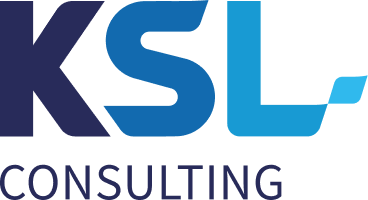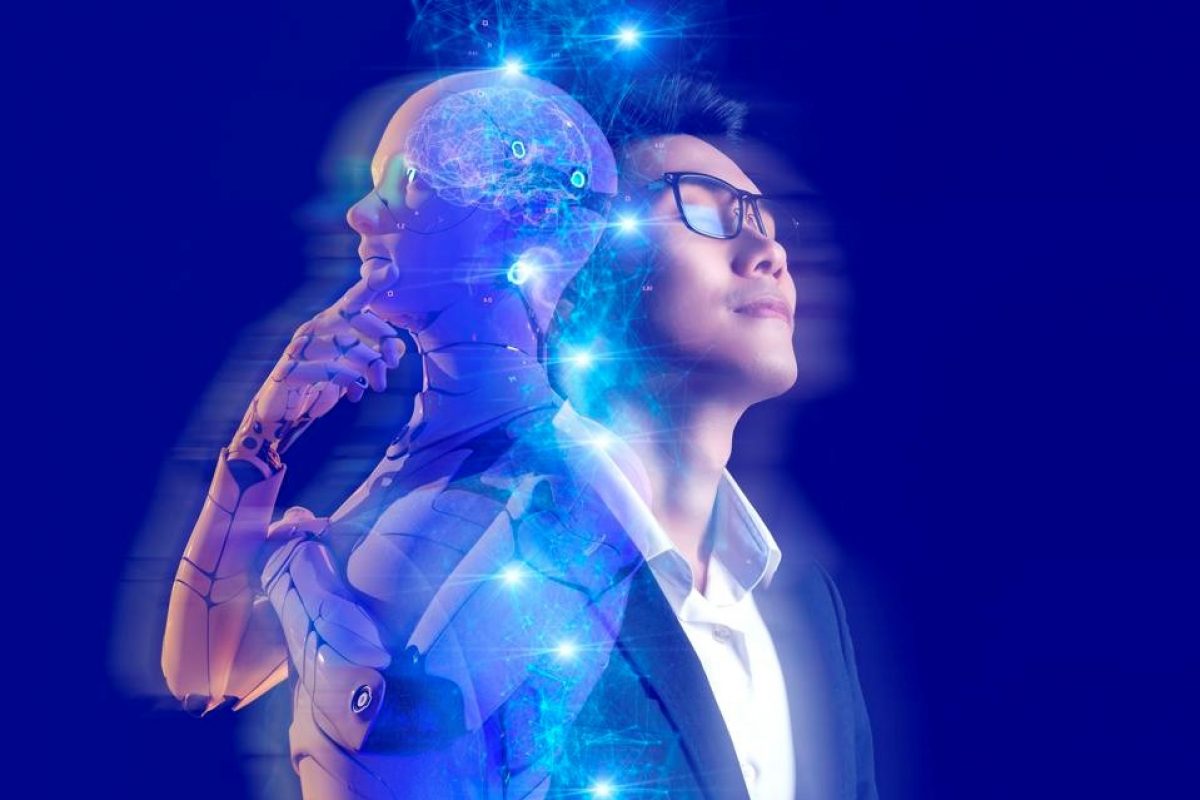Overview
In history, few figures embody the
spirit of continuous learning and adaptive leadership like Julius Caesar, a
military pioneer of the Roman Empire. Caesar’s strategic brilliance and
relentless pursuit of knowledge set him apart as a leader who not only commanded
armies but also understood the importance of evolving his tactics and
strategies. His dedication to learning from every campaign, adapting to new
circumstances, and leveraging the strengths of his diverse legions laid the
groundwork for his unparalleled success. In today’s rapidly changing world, the
lessons from Caesar’s leadership are more relevant than ever, especially as we
integrate AI into the development of future leaders.
Embracing the AI Revolution in
Leadership Development: As we stand on the brink of the fourth industrial
revolution – integrating artificial intelligence (AI) into leadership and
talent development – continuous learning represents an unprecedented
opportunity. Tailored learning, real-time feedback, mentorship, and easily
accessible tools for growth continue to be the core drivers of engagement and
retention. Employee engagement has extremely tangible business and people
outcomes — nothing new to report here. It has been shown to lead to an 81%
reduction in absenteeism, a 10-25% increase in customer loyalty, and most
importantly, a 23% increase in profitability. High engagement rates also signal
that employees feel satisfied with and energized by their work experience and
development opportunities.
Despite this, many employers still haven’t
zeroed in on engagement as a business-critical priority. Gallup data still
shows that only 33% of employees report feeling engaged, and our experience at
EXCELR8 uncovered that only one in three HR leaders consistently track metrics
like engagement and turnover.
5 Talent Development Strategies with AI
AI is not just a tool for automation and
efficiency; it is a transformative force that can reshape how leaders are
nurtured and evolved. To thrive in this dynamic environment, organizations must
harness the power of AI to foster agile, adaptive, and forward-thinking
leaders.
1 – Personalized Learning and Development
AI enables highly personalized learning experiences, tailoring content to individual needs and learning styles. This approach ensures leaders receive the right training at the right time, maximizing their growth potential.
- Adaptive Learning Platforms: AI-driven platforms that adjust to the learner’s pace and understanding, providing customized pathways.
- Behavioral Analytics: Tools that analyze learning patterns to recommend specific resources and activities.
- Skill Gap Analysis: AI identifies skill gaps and suggests targeted development opportunities to address them.
2 – Real-Time Feedback and Coaching
Instant feedback is crucial for continuous improvement. AI-powered tools can provide real-time insights, helping leaders refine their skills and strategies promptly.
- AI Mentors: Virtual coaches that offer immediate feedback and guidance based on performance data.
- Sentiment Analysis: Tools that assess communication and interaction, providing insights into emotional intelligence and engagement.
3 – Enhanced Decision-Making
AI can process vast amounts of data to support decision-making, helping leaders make informed and strategic choices.
- Predictive Analytics: Tools that forecast trends and outcomes based on historical data.
- Decision Support Systems: AI-driven systems that provide scenario analysis and risk assessment.
- Data Visualization: Advanced visualization techniques that make complex data comprehensible and actionable.
4 – Leadership Simulations and Virtual Reality (VR)
Immersive technologies like VR offer realistic simulations, enabling leaders to practice and refine their skills in a safe environment.
- Scenario-Based Training: VR simulations that replicate challenging leadership situations for practice.
- Soft Skills Development: Interactive modules focusing on communication, negotiation, and conflict resolution.
- Team Dynamics: Virtual environments where leaders can practice team-building and collaborative problem-solving.
5 – Continuous Learning Ecosystems
AI fosters ecosystems that promote lifelong learning, ensuring leaders remain adaptable and ahead of the curve.
- Learning Management Systems (LMS): AI-enhanced platforms that offer continuous learning opportunities and much better content.
- Content Curation: AI tools that aggregate and recommend relevant learning resources, content, and learning modules.
- Collaborative Learning: Platforms that facilitate peer-to-peer learning and knowledge sharing.
Leading into the Future with AI: The future of leadership and talent development is intrinsically linked with AI’s capabilities. By embracing AI, organizations can cultivate leaders who are not only capable of navigating today’s complexities but are also equipped to lead with vision and innovation into the future. Continuous learning, supported by AI, transforms leadership from a static set of skills into a dynamic, evolving journey. As we move forward, the integration of AI into leadership development will be the cornerstone of building resilient, forward-thinking organizations. And like any sound initiative, there must be a strategy and integration that support the company mission and culture.
In this new era, the leaders who will make a difference are those who are committed to learning, adapting, and harnessing the power of AI. The journey is continuous, the potential is boundless, and the future of leadership is brighter than ever.




